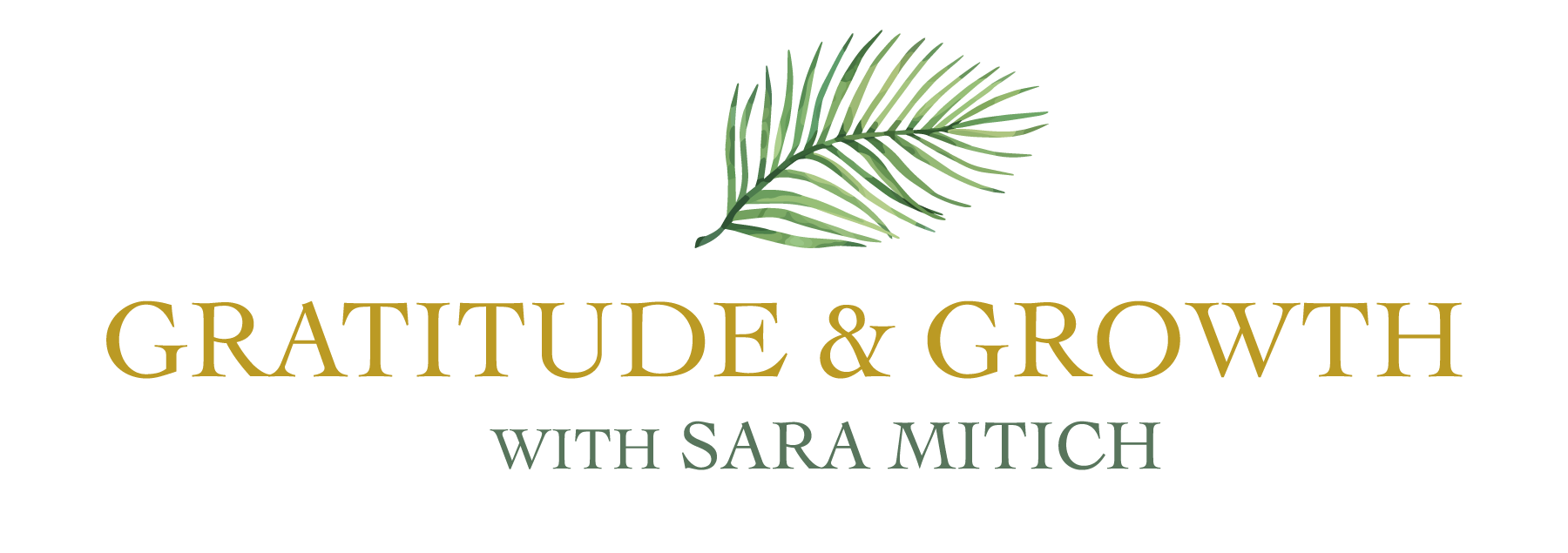What Is Play, Really?
Play isn’t always loud or silly.
It doesn’t have to mean games or performance.
Play is presence in motion.
It’s doing something simply because it feels good. Because it brings you back to life. Because it lets you exhale.
Play might look like:
It’s spontaneous. It’s unstructured. And it’s deeply healing.
It doesn’t have to mean games or performance.
Play is presence in motion.
It’s doing something simply because it feels good. Because it brings you back to life. Because it lets you exhale.
Play might look like:
- Dancing barefoot to your favorite song
- Doodling in a notebook with no plan
- Singing in the car like nobody’s watching
- Laughing with someone you love until your stomach hurts
- Walking a new path just to see where it goes
It’s spontaneous. It’s unstructured. And it’s deeply healing.
Why Adults Need Play (Now More Than Ever)
In a culture that glorifies hustle and productivity, we’ve forgotten the language of play.
We prioritize outcomes over aliveness.
We suppress joy to appear responsible.
We trade wonder for efficiency.
But this comes at a cost.
Without play, we become:
Play restores what pressure steals.
We prioritize outcomes over aliveness.
We suppress joy to appear responsible.
We trade wonder for efficiency.
But this comes at a cost.
Without play, we become:
- Overworked
- Overstimulated
- Emotionally rigid
- Disconnected from our creativity and intuition
Play restores what pressure steals.
The Science of Play (Yes, It's Real)
Here’s what the research shows:
When you play, your brain releases:
Play also:
This isn’t fluff. It’s nervous system support.
It’s mental hygiene. It’s emotional recalibration. It’s joy that does something.
When you play, your brain releases:
- Dopamine, which boosts motivation and pleasure
- Serotonin, which stabilizes mood and reduces anxiety
- Endorphins, which relieve pain and elevate well-being
Play also:
- Regulates your nervous system
- Enhances problem-solving and creativity
- Builds emotional resilience
- Improves memory, connection, and presence
This isn’t fluff. It’s nervous system support.
It’s mental hygiene. It’s emotional recalibration. It’s joy that does something.
What Blocks Us from Playing
We’re not broken for struggling with play.
We’ve just internalized rules that never belonged to us.
Rules like:
But these are learned beliefs—not truth.
We carry guilt when we rest.
We resist joy because it feels “extra.”
We silence fun because we think it needs to be deserved.
But what if joy is part of the healing?
What if play isn’t the reward… but the reset?
We’ve just internalized rules that never belonged to us.
Rules like:
- Joy has to be earned
- Adults should be serious
- If it’s not productive, it’s a waste of time
But these are learned beliefs—not truth.
We carry guilt when we rest.
We resist joy because it feels “extra.”
We silence fun because we think it needs to be deserved.
But what if joy is part of the healing?
What if play isn’t the reward… but the reset?
Try This: A Gentle Control Inventory
Take a quiet moment and ask yourself:
You don’t need to let it all go at once.
But just naming where control is hiding begins to soften it.
- Where in my life am I trying to control something that can’t be controlled?
- What am I afraid will happen if I let go?
- What emotion am I trying to avoid by staying in control?
- What would surrender look like in this area? What would it feel like?
You don’t need to let it all go at once.
But just naming where control is hiding begins to soften it.


